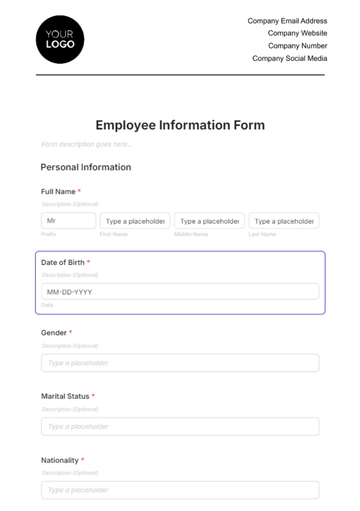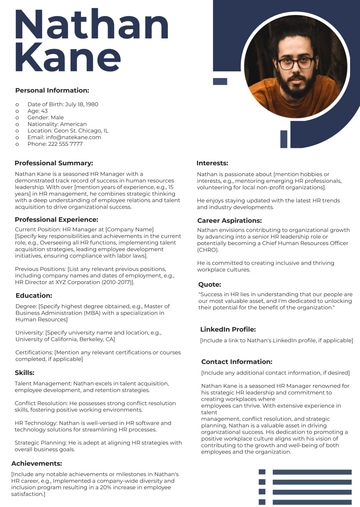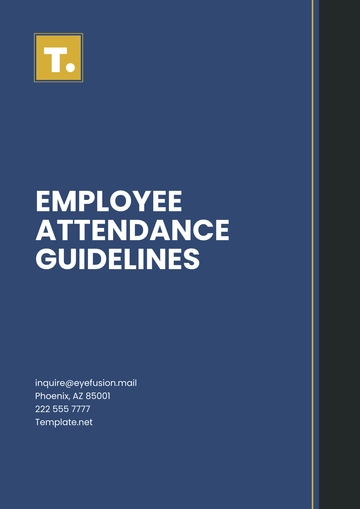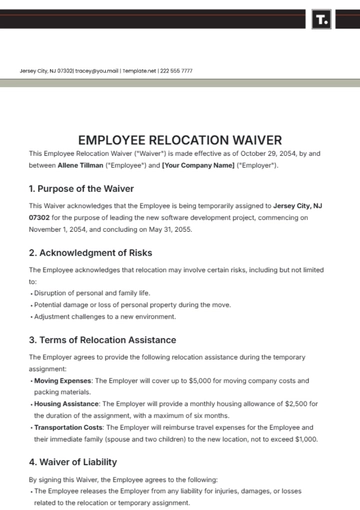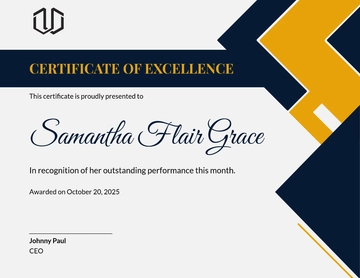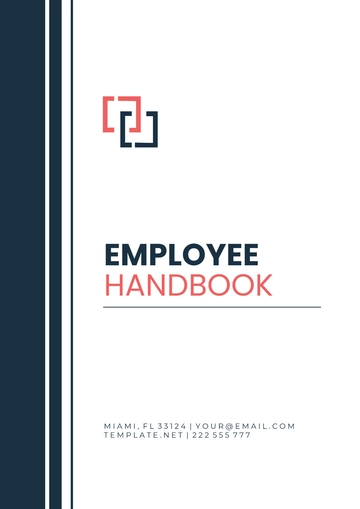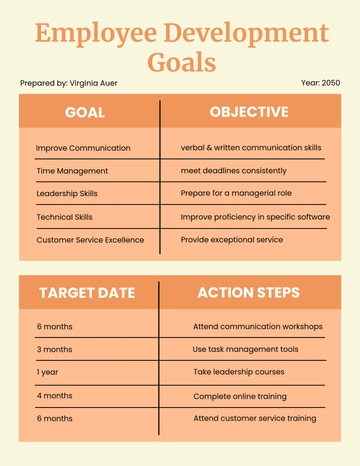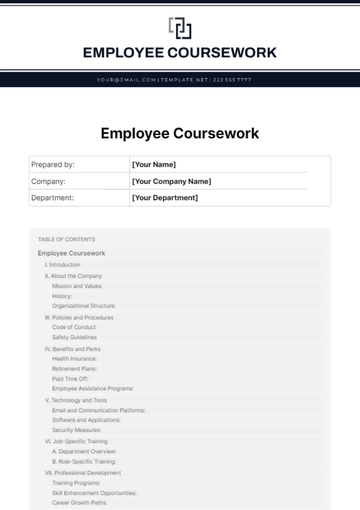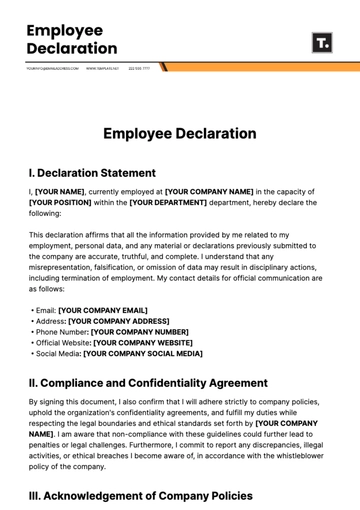Free Law Firm Employee Bonus Policy

I. Introduction
The purpose of this Employee Bonus Policy is to outline the framework through which we reward exceptional performance and dedication to our firm's goals and values. This policy is designed to ensure that bonuses are distributed fairly and equitably, reflecting our commitment to recognizing and rewarding the contributions of our employees. The scope of this policy includes all individuals employed at our firm, including attorneys, paralegals, and administrative staff, whether full-time or part-time.
II. Eligibility Criteria
To qualify for a bonus under this policy, employees must meet specific eligibility criteria, which ensure that bonuses are awarded to those who actively contribute to our firm's success and are committed to their professional roles. The following criteria must be satisfied:
A. Employment Status
Full-time Employees: All full-time employees are eligible for bonuses, provided they meet the other criteria set forth in this policy.
Part-time Employees: Part-time employees are eligible on a pro-rated basis, which is calculated in accordance with their hours worked compared to full-time hours.
Contractual Employees: Employees on a contractual basis are eligible only if their contracts explicitly stipulate bonus eligibility.
B. Tenure
Employees must have been employed with us for at least six months as of the date of the bonus evaluation period to be eligible for that period's bonus distribution. This criterion is intended to reward sustained contributions to our firm.
III. Types of Bonuses
A. Performance Bonuses
Performance bonuses are awarded based on the achievement of specific, quantifiable performance targets that directly contribute to our firm's operational success. These targets may include, but are not limited to, billable hours, client acquisition and retention, and overall case management efficiency. The amount of the bonus is typically a percentage of the employee’s annual salary, ranging from 5% to 15%, depending on the level of achievement against predetermined goals.
B. Discretionary Bonuses
Discretionary bonuses are awarded to recognize exceptional contributions that may not be captured by standard performance metrics. These contributions include extraordinary client service, significant contributions to a high-profile case, or outstanding support that enhances our firm's operations or reputation. The amount of a discretionary bonus can vary significantly, reflecting the unique value of the contribution and the circumstances surrounding it, generally ranging from a nominal sum to a substantial percentage of the employee’s annual salary.
C. Year-End Bonuses
Year-end bonuses are a reflection of both the firm's profitability and an individual's contribution to our success over the fiscal year. These bonuses are evaluated based on a combination of firm-wide financial performance and individual performance reviews conducted at the end of each year. The calculation of year-end bonuses involves a base percentage of annual salary, adjusted for individual performance ratings, with additional consideration given to the firm's overall financial health. These bonuses range from 10% to 20% of an employee's annual salary, depending on the firm's performance and the individual's contribution level.
D. Referral Bonuses
Referral bonuses are designed to incentivize our employees to contribute to the growth of our firm by referring qualified candidates for employment or new clients. These bonuses are granted upon the successful hiring of a referred candidate who remains with the firm for a minimum of six months, or when a new client brought in by an employee generates a specified amount of revenue. The evaluation of referral bonuses is straightforward: a flat amount is awarded for each successful employee referral and a percentage of revenue from new clients, ranging from $500 to $2000 for hires and 2% to 5% of the revenue generated in the first year for new client referrals.
IV. Bonus Determination Criteria
A. Performance Criteria
Our bonus determination is grounded in clear and measurable performance criteria that align with our firm's strategic goals. These criteria are designed to be transparent and objective, enabling employees to understand how their performance impacts their bonus potential. Metrics used include:
Billable Hours: Target values are set according to departmental standards, typically ranging from 1500 to 2000 hours annually.
Client Retention Rates: A target of maintaining or improving client retention by 5% year-over-year.
Case Outcomes: Success in achieving favorable outcomes in litigation or negotiation.
Business Development: Measurable contributions to the firm's growth through new client acquisition or expansion of services to existing clients. These metrics are tailored to the roles and responsibilities of each employee, ensuring relevance and fairness in evaluation.
B. Evaluation Process
The evaluation of performance for the purpose of determining bonus eligibility and amount is conducted by a review committee composed of senior partners and the human resources department. This committee reviews all relevant performance data, which is collected and compiled throughout the evaluation period. The process is structured to ensure impartiality and transparency, with employees given the opportunity to present any additional information or context that may affect their performance review.
V. Calculation of Bonus Amounts
A. Formula
The formula for calculating bonuses is structured to reflect the diversity of roles within our firm and the varying impact of individual contributions. Generally, the bonus amount is calculated as follows:
Bonus = Base Salary × Performance Factor × Firm Performance Factor
Base Salary refers to the annual salary of the employee.
Performance Factor is a coefficient ranging from 0.05 to 0.20, based on the employee's achievement against their performance metrics.
Firm Performance Factor is derived from the overall financial performance of the firm and can adjust the bonus upwards or downwards by up to 10%.
B. Caps
To maintain financial sustainability and fairness across all levels of our organization, we have established both maximum and minimum caps on bonuses:
Maximum Cap: No bonus awarded shall exceed 50% of an employee's base annual salary, regardless of performance metrics.
Minimum Cap: All eligible employees will receive a minimum bonus of 2% of their base salary, provided that the firm meets its fundamental financial targets.
VI. Bonus Payment Procedure
Bonuses are paid annually, coinciding with the closure of our fiscal year, to allow for comprehensive evaluation of both individual and firm performance over the preceding year. Payments are made on the last payroll date of December, ensuring that all bonuses are received before the end of the year. Bonuses are disbursed through the same channels as regular salaries, typically via direct deposit into each employee's designated bank account. This method ensures a secure, timely, and convenient transfer of funds.
VII. Adjustments and Modifications
In order to accommodate variations in employment status and unforeseen changes during the year, our firm applies a prorating policy for bonuses. Employees who have not worked the full fiscal year, whether due to late hiring dates, parental leave, or other approved leaves of absence, will receive a prorated bonus. This proration is calculated based on the number of full months worked during the bonus period, ensuring fairness and proportionality in bonus distribution.
VIII. Disputes and Grievances
We are committed to a fair and transparent bonus determination process. However, should an employee feel that a bonus decision is unfair or incorrectly calculated, they are encouraged to first discuss the matter informally with their direct supervisor. If the issue is not resolved to their satisfaction, the employee may formally appeal to the human resources department. A review will then be conducted, which may include a meeting with the involved parties, an audit of the performance evaluation, and a final decision made by an impartial panel established by our firm.
IX. Confidentiality
The confidentiality of bonus amounts and related discussions is paramount to maintaining a professional and respectful working environment. Information about individual bonuses is shared only with the relevant staff members, including the employee in question, their supervisor, and necessary payroll personnel. Individual bonuses are communicated to staff through confidential, one-on-one meetings or secure electronic communications, ensuring that sensitive information is protected. All employees are required to adhere to strict confidentiality regarding the bonus amounts awarded to themselves and their colleagues.
- 100% Customizable, free editor
- Access 1 Million+ Templates, photo’s & graphics
- Download or share as a template
- Click and replace photos, graphics, text, backgrounds
- Resize, crop, AI write & more
- Access advanced editor
Reward your team effectively with the Law Firm Employee Bonus Policy Template from Template.net. This template is fully editable and customizable, making it easy to tailor bonus criteria and processes. Editable in our AI Editor tool, it streamlines how bonuses are structured and communicated within your firm.
You may also like
- Employee Letter
- Employee ID Card
- Employee Checklist
- Employee Certificate
- Employee Report
- Employee Training Checklist
- Employee Agreement
- Employee Contract
- Employee Training Plan
- Employee Incident Report
- Employee Survey
- Employee of the Month Certificate
- Employee Development Plan
- Employee Action Plan
- Employee Roadmap
- Employee Poster
- Employee Form
- Employee Engagement Survey





